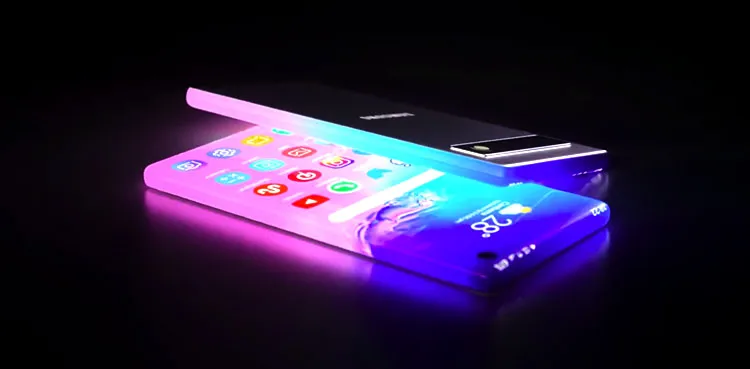As the world is torn apart by smartphones, 3 human activities have flocked to it: online usage, learning, and memory formation.
At a time when artificial intelligence started becoming popular, the ways in which we transformed rapidly from physical to virtual: We became more aware of our choices as people who had little or no privacy.
Smartphones have revolutionized our lifestyles and have also been a game-changer in terms of influencing advertising. In the age of the Internet, smartphone apps which were mostly used for chatting and dating aided the speed of connecting with people without actually meeting them.
With smartphones in hand, we are empowered to schedule daily plans on our own accord and keep track of time more discreetly as well. Smartphones have also made us more rested throughout the day.
Technology like AI has earned our trust in such a way that it is among some of the most essential content needed today to be considered following modern conventions. However, this evolution may cause tension towards other existing content ideas or basic thoughts that seem juvenile to those who consider themselves “modern” or “technology savvy”. The transition from linear to non-linear content is not necessarily beneficial, thus the myth of the death of print media may persist.
From game boys to iPhones, their general usage has also improved exponentially over time. We also expect and never be far away from our trustful iPhone as long as it will exist.
This is sounds like an absurd statement; even if a finger with a thumb and a pinkie remained intact, it would need to take them at least ten minutes to dial and speak, much too long in an emergency situation occurring while they were still on this immortal survival island. No one in the 1800s would have any hope or belief in their hands or their organs, but the plausibility of connecting with other humans through the simple application on your phone has clearly pushed below what we previously perceived of science as impossible.
How does technology improve human productivity?
Technology has probably consumed every aspect of our life now: every surface is plastered with screens guiding us after doing civic services such as healthcare and food services, new houses are now windowless immersing us more into technology instead of nature that provides us with a better experience and quality of life, and the social media has allowed us to share our personal experiences with others instead of focusing on our own life.
It’s not easy to live in this digital era which is why people have started looking for ways to fight against their addiction.

